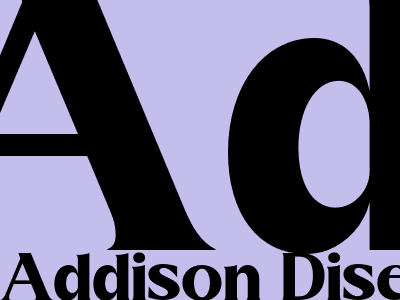Understanding Addison's Disease: A Guide to Symptoms and Treatment
What is Addison's Disease?
Addison's disease, also known as primary adrenal insufficiency, is a rare endocrine disorder that occurs when the adrenal glands do not produce enough hormones, primarily cortisol and aldosterone. These hormones play crucial roles in regulating blood pressure, electrolyte balance, and the body's response to stress.Symptoms of Addison's Disease
The symptoms of Addison's disease can vary depending on the severity of the condition. Some common signs and symptoms include:
- Fatigue and weakness
- Weight loss and loss of appetite
- Nausea and vomiting
- Low blood pressure
- Muscle and joint pain
- Skin darkening (hyperpigmentation)
- Salt cravings
- Gastrointestinal issues (constipation or diarrhea)
- Mood changes (irritability or depression)
Causes of Addison's Disease
Addison's disease can be caused by various factors, including:
- Autoimmune disorders (where the body's immune system attacks the adrenal glands)
- Tuberculosis or other infections affecting the adrenal glands
- Certain medications, such as corticosteroids or heparin
- Surgery or trauma that damages the adrenal glands
- Cancer that spreads to the adrenal glands
Diagnosis and Treatment of Addison's Disease
Diagnosing Addison's disease typically involves a physical exam, blood tests, and imaging tests. Treatment options aim to replace the hormones that the adrenal glands are not producing. This may involve:
- Oral corticosteroids (prednisone or hydrocortisone)
- Mineralcorticoids (fludrocortisone) to regulate salt and water balance
- Lifestyle adjustments, such as managing stress and avoiding dehydration
Complications of Addison's Disease
Untreated Addison's disease can lead to several complications, including:
- Adrenal crisis: A life-threatening condition where the body cannot respond to stress
- Electrolyte imbalances
- Heart problems
- Kidney problems
- Weight loss and malnutrition
Living with Addison's Disease
With proper treatment, individuals with Addison's disease can live full and healthy lives. It is important to:
- Take medication as prescribed
- Wear an identification bracelet or necklace to inform others of the condition
- Carry a glucose supplement to help prevent and treat low blood sugar
- Avoid stress and strenuous exercise
- Follow a balanced diet with adequate salt intake
Conclusion
Addison's disease is a rare but potentially serious condition that requires prompt diagnosis and treatment. By understanding the symptoms, causes, and treatment options, individuals with Addison's disease can effectively manage their condition and lead fulfilling lives.

Comments